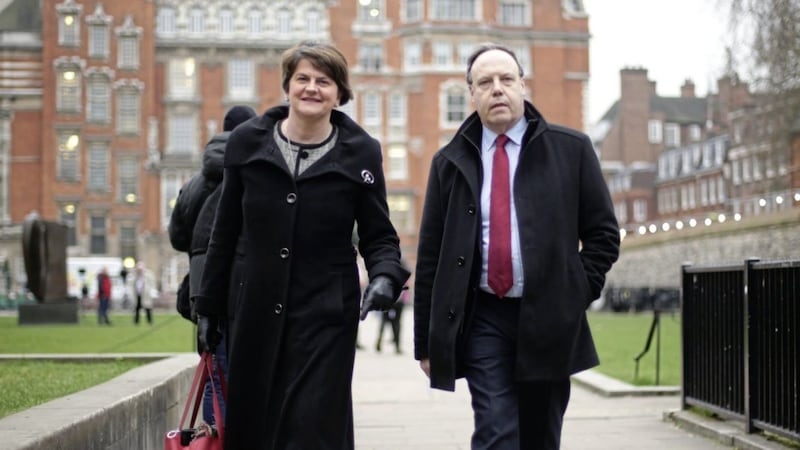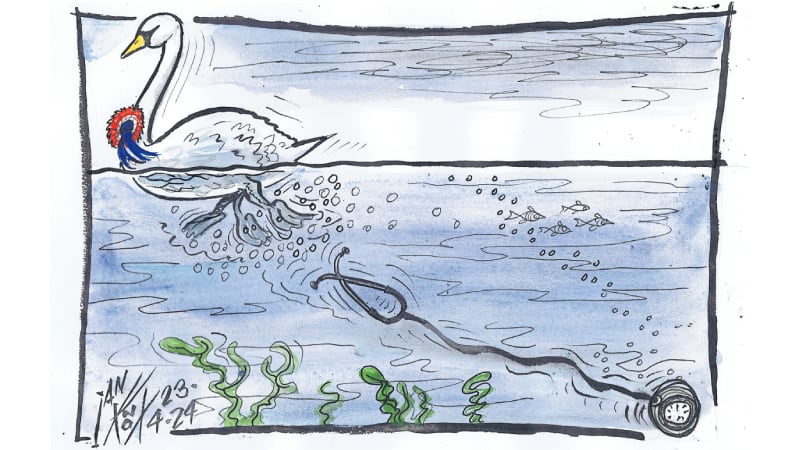IT'S been denied by senior party members but the finger of suspicion for leaking the draft Stormont agreement clearly points at Sinn Féin.
Despite the documents indicating that republicans were willing to roll over on a number of issues which were thought to be 'red lines', much of the fall-out from the leak, like the collapse of the negotiations, focuses on the DUP.
As has been stated numerous times over the past week, Arlene Foster's party didn't agree to anything – even those parts of the draft that aren't differentiated by square brackets.
But according to Sinn Féin, the negotiations had effectively concluded and the paper circulated to the two parties' negotiating teams had only to be tweaked before it was become binding.
There was slip between cup and lip, however, and it is an apparent disconnect between the DUP's negotiating team and its rank and file which is highlighted by the documents leaked to journalist Eamonn Mallie.
There are conflicting accounts of the closing days of the talks and the circumstances that prompted Leo Varadkar and Theresa May to come Belfast at the beginning of last week, but that visit clearly suggests there was an expectation of a deal.
The fact that it never made it over the line and that it was the DUP that pulled the plug only adds weight to the Sinn Féin narrative of Arlene Foster being unable to sell the the contents of the draft agreement to her party.
We can assume the former first minister was across 'every jot and tittle' of the draft document but the outcome raises serious questions about her judgment and how far she and her talks team felt they could go without consulting with the wider party.
Once again in the face of questions about Mrs Foster's competence, the party presents a united front, yet one suspects that privately many senior DUP figures, the MPs especially, are unhappy with how the past few weeks have played out.
Likewise, the manner in which the talks evolved and collapsed has cast the DUP as intransigent and Sinn Féin as the party of accommodation, while the leaked draft agreement only supports this.
Those accustomed to watching politics in this part of the world may well regard this as standard but it's likely to hurt the DUP more when they are portrayed in Britain as inflexible.
The two governments hope to reconvene some form of negotiations as soon as is practicable and while the leaked draft deal is unlikely to prevent Stormont's two big parties coming together around the table, it does make the possibility of somehow reconciling their absolutist positions remote.








